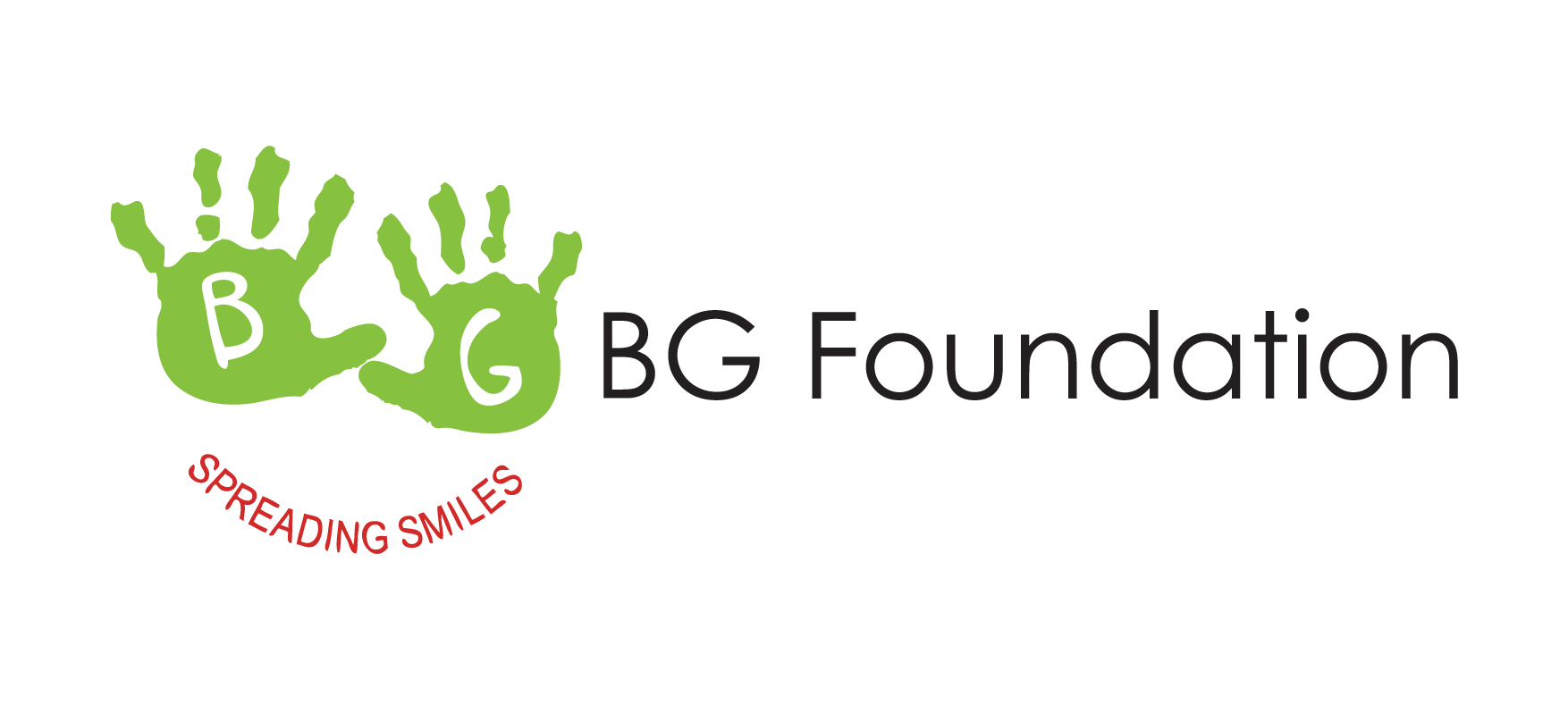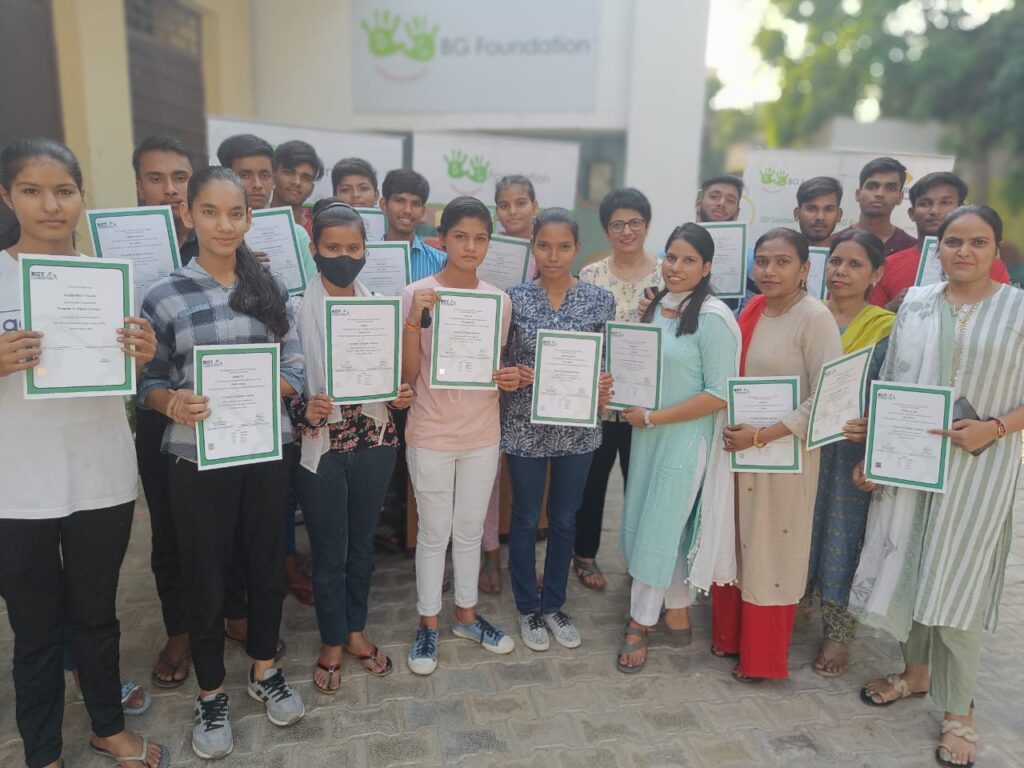
Education is a powerful tool that has the ability to transform lives. It is not only a means to acquire knowledge and skills, but also a pathway to personal and societal growth. Education has the power to uplift individuals from challenging circumstances, provide opportunities for underprivileged youth, break the cycle of poverty, promote gender equality, improve access to healthcare, enable social mobility, empower youth for civic engagement, bridge the digital divide, and create sustainable communities. The transformative impact of education on individuals and communities cannot be overstated.
Breaking the Cycle of Poverty: Education as the Key
There is a strong link between poverty and lack of education. Many individuals living in poverty lack access to quality education, which perpetuates their disadvantaged status. However, education has the power to break this cycle by providing individuals with the knowledge and skills necessary to improve their economic prospects.
Studies have shown that individuals with higher levels of education are more likely to secure stable employment and earn higher incomes. This not only benefits individuals and their families, but also has a positive impact on the overall economy. By investing in education and providing equal opportunities for all, societies can break the cycle of poverty and create a more equitable future.
Empowering Girls: Education and Gender Equality
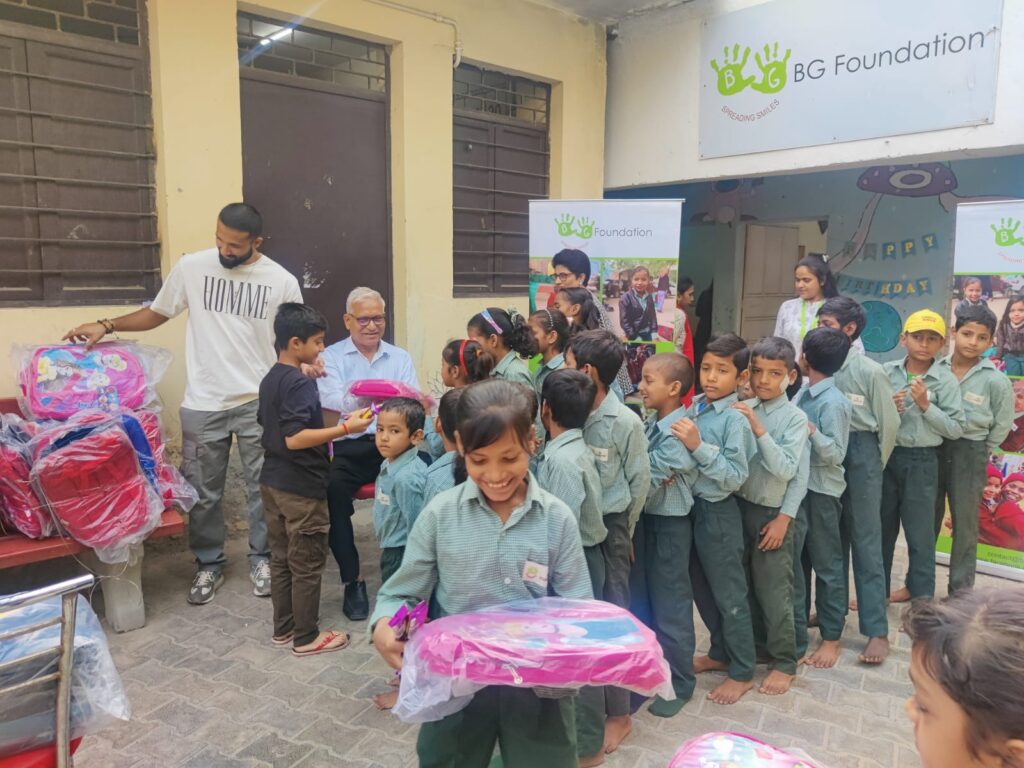
Education plays a crucial role in promoting gender equality. When girls are educated, they are more likely to delay marriage, have fewer children, and contribute to the economic development of their communities. Educated girls are also more likely to advocate for their rights and challenge gender norms and stereotypes.
However, gender disparities in education still persist in many parts of the world. According to UNESCO, 130 million girls between the ages of 6 and 17 are out of school. This not only denies these girls their right to education, but also hinders progress towards achieving gender equality.
Investing in girls’ education is not only a matter of human rights, but also a smart investment for the future. When girls are educated, they become empowered to make informed decisions about their lives, contribute to their communities, and break the cycle of poverty.
From Illiteracy to Success: The Impact of Education on Employment
There is a clear link between education and employment. Individuals with higher levels of education are more likely to secure stable employment and have better career prospects. Education provides individuals with the knowledge and skills necessary to succeed in the job market.
In today’s rapidly changing world, where technological advancements are reshaping industries, having a solid educational foundation is more important than ever. Jobs that require higher levels of education are less likely to be automated, providing individuals with greater job security.
Furthermore, education is not just about acquiring technical skills; it also fosters critical thinking, problem-solving, and communication skills that are highly valued by employers. By investing in education and equipping individuals with the necessary skills, societies can create a more skilled and competitive workforce.
Education and Social Mobility: Moving Up the Social Ladder
Education has a profound impact on social mobility. It provides individuals with the opportunity to move up the social ladder and improve their economic prospects. By acquiring higher levels of education, individuals can secure better-paying jobs, increase their earning potential, and improve their overall quality of life.
Education also has a transformative effect on communities. When individuals from disadvantaged backgrounds are able to access quality education, they not only improve their own lives but also contribute to the development of their communities. By investing in education and providing equal opportunities for all, societies can create a more equitable future where social mobility is not limited by one’s socioeconomic background.
Education and Civic Engagement: Empowering Youth to Make a Difference
There is a strong link between education and civic engagement. Education equips young people with the knowledge, skills, and values necessary to actively participate in society and make a difference in their communities. It fosters critical thinking, empathy, and a sense of responsibility towards others.
By educating youth about their rights and responsibilities as citizens, societies can empower them to become active participants in the democratic process. Education can also play a role in promoting social cohesion and tolerance by fostering understanding and respect for diversity.
Investing in education is not just about preparing young people for the workforce; it is also about preparing them to be engaged and responsible citizens who contribute to the well-being of their communities.
Education and Technology: Bridging the Digital Divide
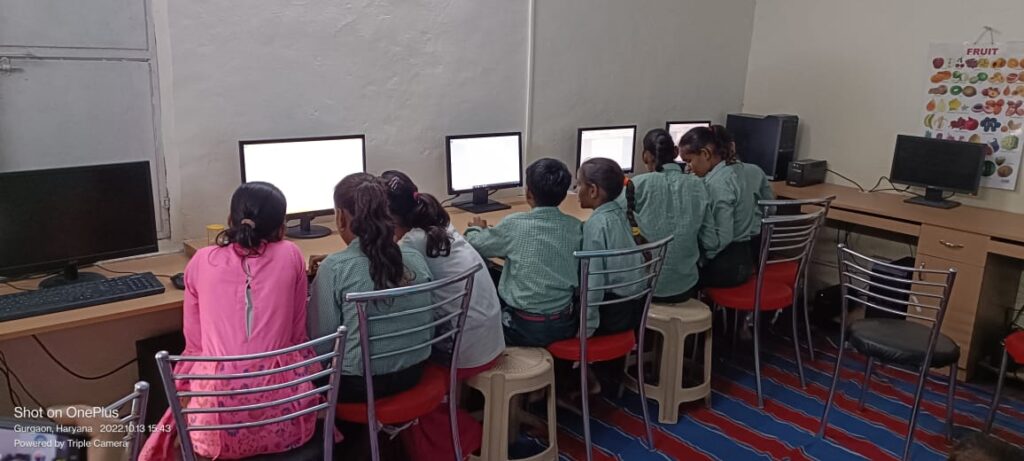
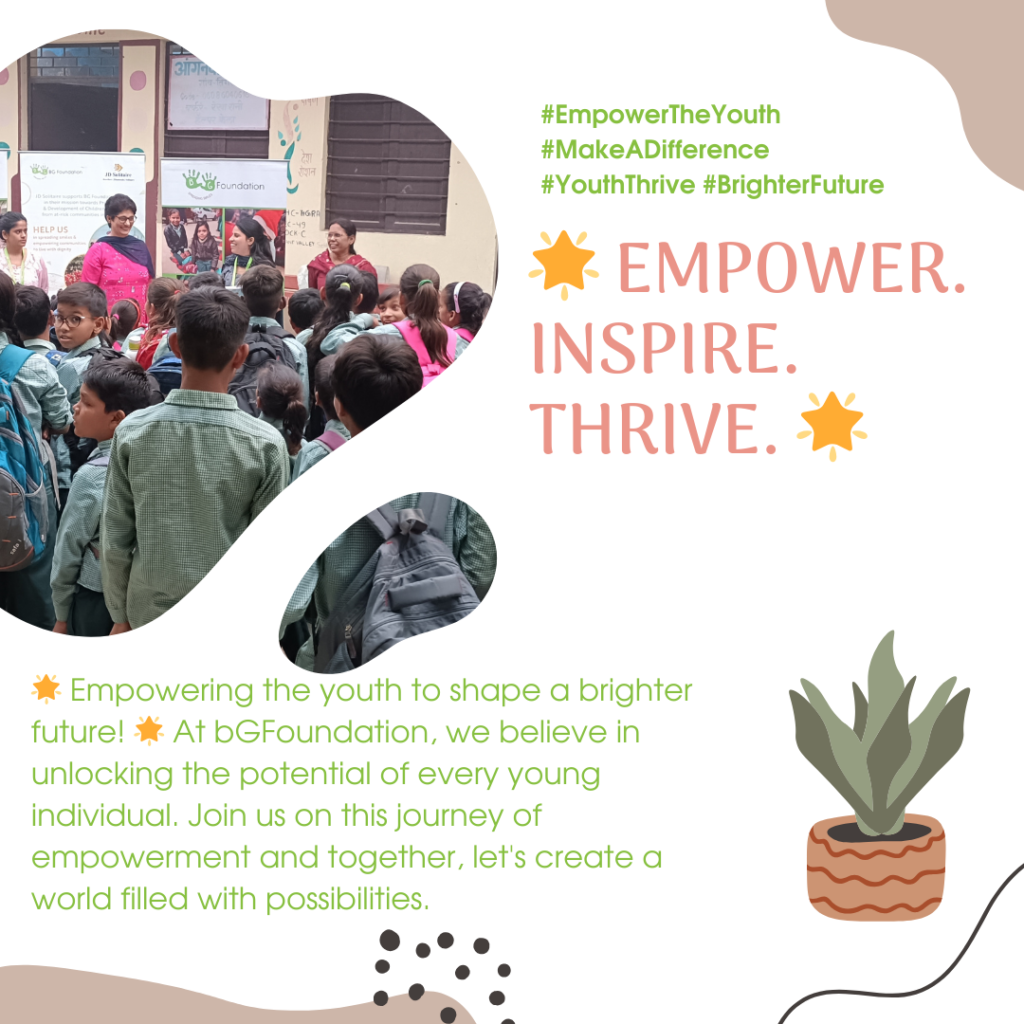
Education plays a crucial role in bridging the digital divide. In today’s increasingly digital world, access to technology and digital literacy are essential for full participation in society. However, many individuals, particularly those from disadvantaged backgrounds, lack access to technology and the skills necessary to navigate the digital landscape.
By investing in education and providing equal opportunities for all, societies can bridge the digital divide and ensure that no one is left behind. Education can equip individuals with the necessary digital skills to thrive in the digital age and take advantage of the opportunities that technology offers.
Education and the Environment: Creating Sustainable Communities
There is a strong link between education and environmental sustainability. Education plays a crucial role in raising awareness about environmental issues, promoting sustainable practices, and empowering individuals to take action to protect the environment.
By educating individuals about the importance of environmental conservation and sustainable development, societies can create a more sustainable future. Education can also play a role in equipping individuals with the knowledge and skills necessary to address environmental challenges and find innovative solutions.
Investing in Education for a Better Future
Investing in education is not just a matter of personal development; it is an investment in the future of individuals and communities. Education has the power to transform lives, break the cycle of poverty, promote gender equality, improve access to healthcare, enable social mobility, empower youth for civic engagement, bridge the digital divide, and create sustainable communities.
By investing in education and providing equal opportunities for all, societies can create a more equitable future where everyone has the chance to reach their full potential. Education is not just a privilege; it is a fundamental right that should be accessible to all. It is through education that we can build a better future for ourselves and future generations.
